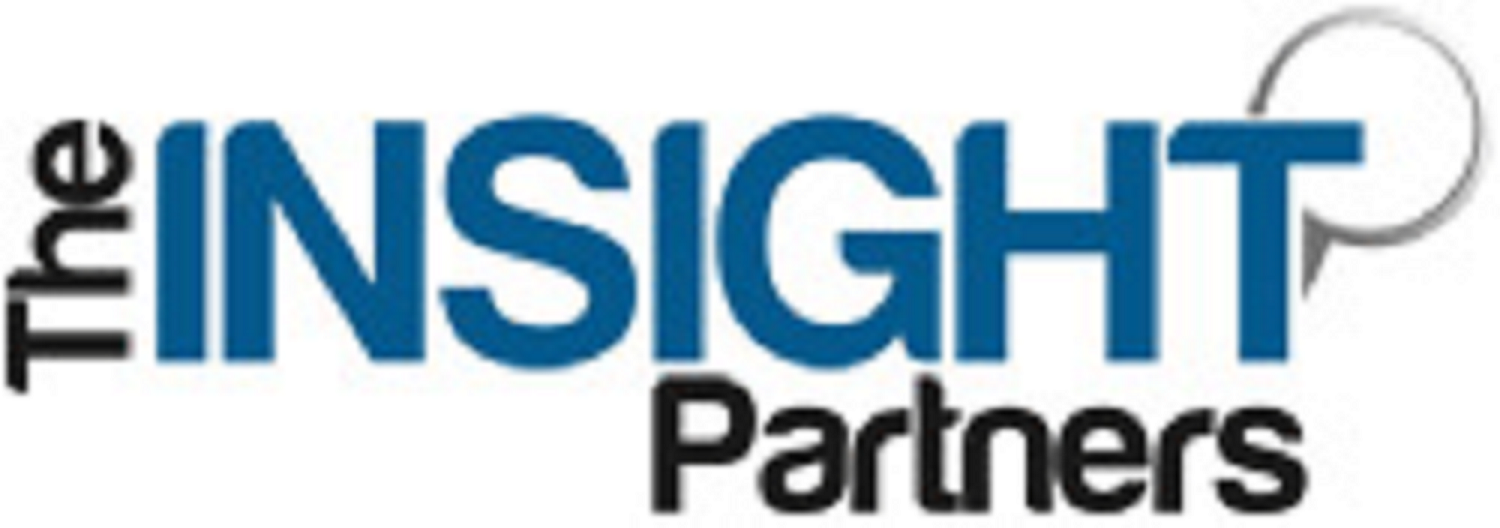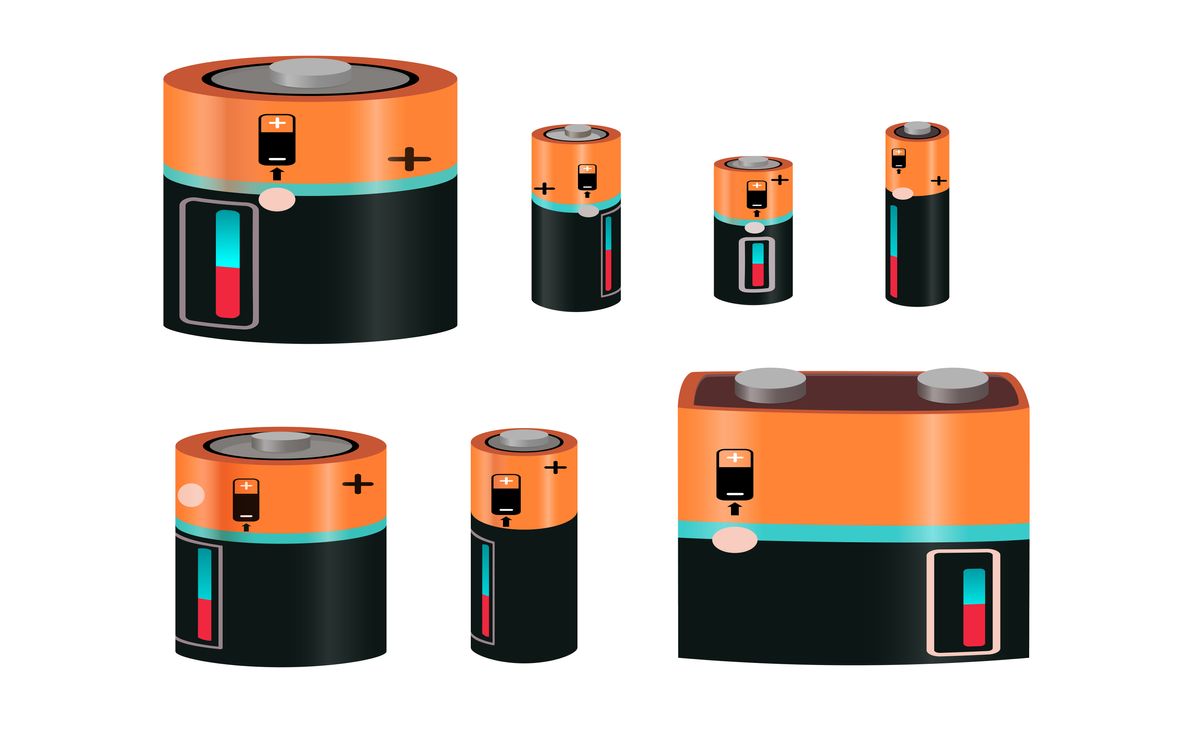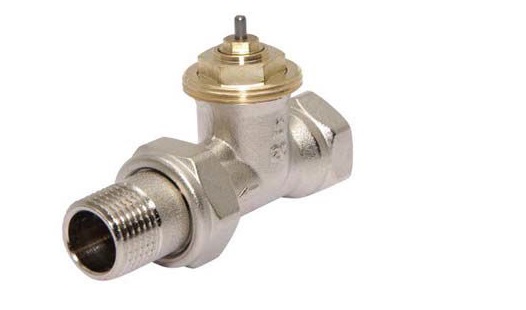Vertical cavity surface emitting laser (VCSEL) is a type of semiconductor laser diode that emits the laser beam in a perpendicular direction from the surface, unlike edge-emitting laser diodes that emit from surfaces formed by cleaving the individual chip out of a wafer. Hence, VCSEL is more beneficial than edge-emitting laser diodes. The edge emitter laser cannot be examined till its deposition process is complete; if any defect is detected later, the repairs can be time-consuming and expensive. VCSEL can be tested at various stages of its production cycle, leading to greater product efficiency and lower costs. Another benefit of VCSEL is its ability to provide larger power output and consume less power than other lasers/light-emitting devices, contributing to its demand for various laser-based products such as computer mouse, face IDs, laser printers, and smart glasses. VCSELs have various applications across numerous industries and markets, both industrial and commercial. The key functionality of VCSEL devices is signal processing for sensing and communications applications, further increasing the demand for VCSEL for sensing applications.
Lumentum Holdings, Coherent Corp, Trumpf, Broadcom Inc., and Ams-Osram Ag – Prominent Market Participants in VCSEL market
Due to lower attenuation and interference, fiber optic cable is preferred over copper wire, contributing to the adoption of fiber optics communications. Fiber optics communications rely heavily on the signal processing power of VCSELs to carry signals for telephony, cable, and internet, thus contributing to the demand for VCSELs.
Further, the growing adoption of VCSEL for 3D sensing applications, such as smartphones for gesture control and facial recognition features, contribute to the growth of the VCSEL market. In addition, the use of VCSEL for data communication and LiDAR system for automotives propels the market growth. The rising integration of technologies such as IoT across various industries such as healthcare, automotive, and building necessitates using fiber optics communication technologies, contributing to the demand and adoption of VCSEL.
The VCSEL market witnessed a slight decline in the demand for VCSEL, leading to the vendors’ lower revenue generation. During the COVID-19 pandemic, the demand was usually weak, but production picked up later. The production facilities of electrical, electronics, and semiconductors have been halted, owing to the slowdown and unavailability of the workforce across world. As the COVID-19 pandemic impacted many segments in the economy and smartphones does not exclude from that. One of the key industries to use VCSEL technology is the smartphone sector, which has faced disruption in production and pattern change in usage as the social distancing change the way of using of smartphones. Further the pandemic impacted growth of 5G. and the delay in the manufacturing, production of the smartphones and reduce demand set back to the development of affordable 5G smartphones. This increases the use of VCSEL technology but due to the lower demand on the market because of COVID -19 the mass scale production of VCSEL was not supported and hence in pandemic the demand for the VCSEL slightly impacted in a negative way.
The top five companies in the market Lumentum Holdings, Coherent Corp, Trumpf, Broadcom Inc., and Ams-Osram Ag. The above listing of key players is derived by considering multiple factors such as overall revenue, current well completion equipment and services portfolio, new product launches, market initiatives, investment in technology up-gradation, mergers & acquisitions, and other joint activities. A few of the important market initiatives and product developments from the industry are mentioned below:
| Year | News | Region |
| Jan-2023 | TRUMPF demonstrated outstanding results regarding the efficiency of infrared laser components with long wavelengths beyond 1300 nm on an industrial-grade manufacturing level. This makes TRUMPF one step further towards mass production of indium-phosphide-based (InP) VCSELs in the range from 1300 nm to 2000 nm. | North America |
| Jan-2023 | The introduced product M30 reference design combines the M52-100 multi-junction vertical cavity surface emitting laser (VCSEL) array from Lumentum with the LCM beam steering chip from Lumotive. | North America |
| Jan-2023 | Multimode VCSEL was released by Trumpf. Along with these capabilities, the new VCSEL has steady polarisation and linear polarisation. The new solution is applicable to smartphones as well as other domains. | Europe |



